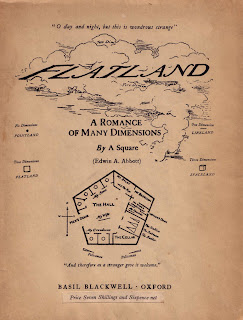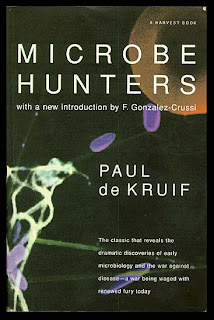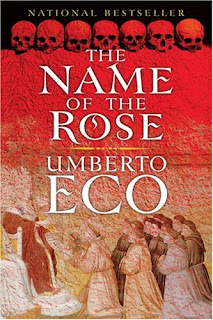I don’t always do themed 7 Takes, but, as every newspaper insert has insistently told me, Christmas shopping season is coming up, so I’d like to use this blog carnival to highlight excellent books that I have loved, in case anyone is looking for inspiration. In normal blogging news, I’ll be posting the first part of my defense of covenant marriage this afternoon (sparked by this discussion), and I’d love feedback on yesterday’s post about the problem of evil.
This week was a magnificent one for me, since my college seminar on Stephen Sondheim took a trip to New York City to meet him in person. I loved hearing him talk about the process of crafting many of my favorite musicals (Sweeney Todd, Assassins, Pacific Overtures, Sunday in the Park with George, etc), and, delightfully, everyone can get a sense of Sondheim’s creative process now that he’s released Finishing the Hat: Collected Lyrics (1954-1981) with Attendant Comments, Principles, Heresies, Grudges, Whines and Anecdotes. He includes a lot of cut songs or edited songs so you can see the edits he’s made and he explains why he’s made them. It’s a wonderful insight into his mind.
If Stephen Sondheim hadn’t become the most important living musical theatre composer, it turns out he would have liked to be a number theorist. Needless to say, I was delighted by this news. Math is essentially the study of beautiful puzzles, and if you want to introduce someone to the real subject, not the arithmetic drills and formula memorization many people remember from high school and college, I recommend Flatland by Edwin Abbot. The book teaches you how to visualize four dimensions by telling the story of a square, living in a two-dimensional plane, that is visited by a Sphere, who introduces him to the wonders of the third dimension. Anyone, with any level of mathematical experience can read and enjoy this book.<
If you have a little more mathematical experience under your belt, you should check out Gödel, Escher, Bach: An Eternal Golden Braid by Douglas Hofstadter. This is one of my favorite books, melding music, mathematics, and philosophy of mind. (And Sondheim likes it, too!)
All the above is particularly interesting to me this semester, since I’m taking a class on lyric writing for musical theatre. Of course, since I am distinctly unsentimental, while other students are writing excellent romantic songs, I am writing a song about diphtheria and the discovery of the diphtheria anti-toxin.
My major resource for this song is the magnificent Microbe Hunters by Paul de Kruif. This is the book that got me into science and disease research. It is beautifully written and completely accessible to a non-scientist. It’s impossible to read it without getting swept up in the excitement and wonder of the early days of vaccine research.
Luckily, once you’ve finished Microbe Hunters, you don’t need to be consumed by grief that, for the rest of your life, no disease nonfiction book will match the glorious heights you’ve reached, because, this year, Rebecca Skloot published The Immortal Life of Henrietta Lacks. This book tells the story of the African-American woman whose cancer cells became the first immortal cell line for laboratory research. It is certain that someone you know has benefited from medical therapies that were tested on Henrietta’s cells.
The story Skloot tells is as much about bioethics as about scientific progress. Henrietta’s cells were used without anyone ever asking her for informed consent. Her family wasn’t notified for years, even as scientists contacted them looking for additional samples. As she contacted the Lacks family for interviews, Skloot ended up being the first person to actually explain to the Lackses what scientists had done with Henrietta’s cells.
I can’t let a book recommendation list go by without taking a moment to plug one of my favorite novels: Good Omens, co-written by Terry Pratchett and Neil Gaiman. I can’t describe it better than does the jacket copy: “It reads like the Book of Revelation, rewritten by Monty Python.”
The last book on my roundup I can’t recommend yet, since I haven’t started it, but I’m looking forward to reading Umberto Eco’s The Name of the Rose. Freddie deBoer has started an online book club centered on the book hosted at his new blog, The Rose in Winter. I’m looking forward to a discussion of Eco’s story and theology, and I’d love to see some of my readers and commenters join me over there.
[Seven Quick Things is a blog carnival run by Jen of Conversion Diary]



















